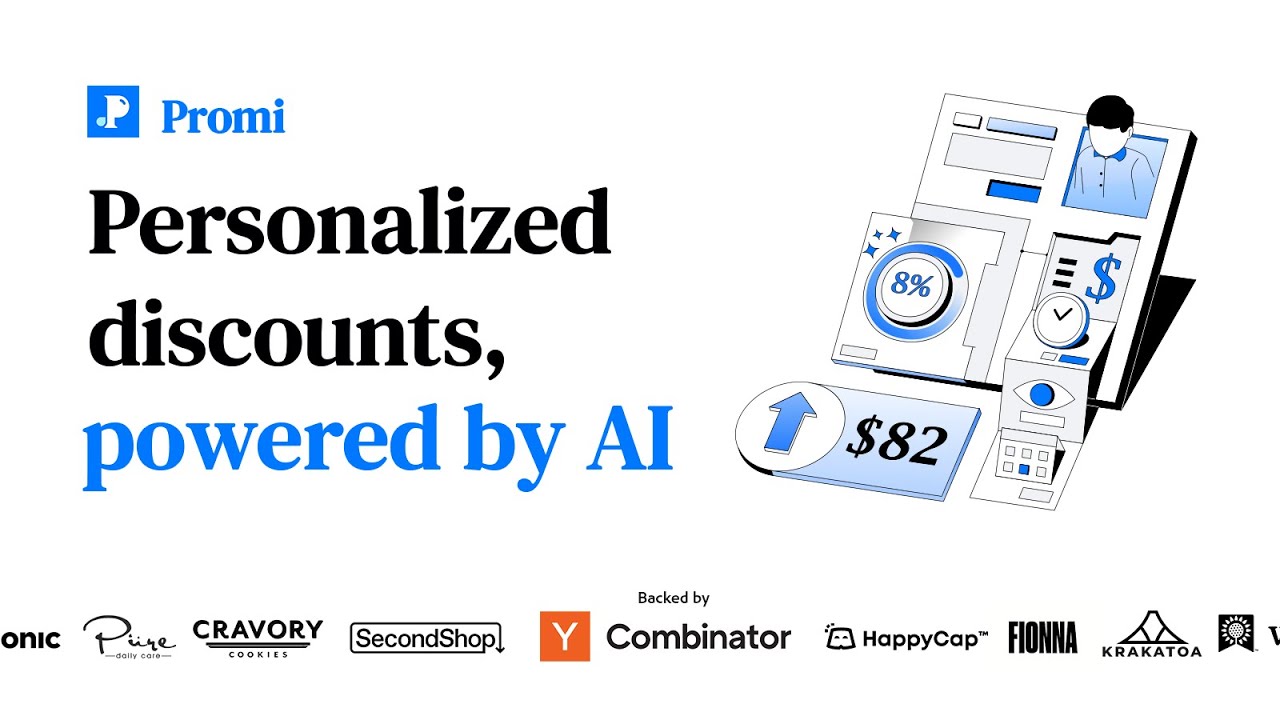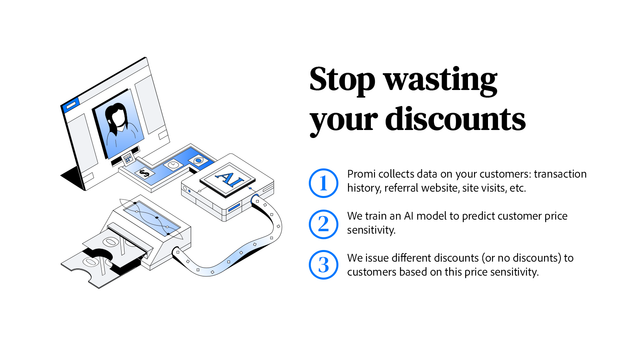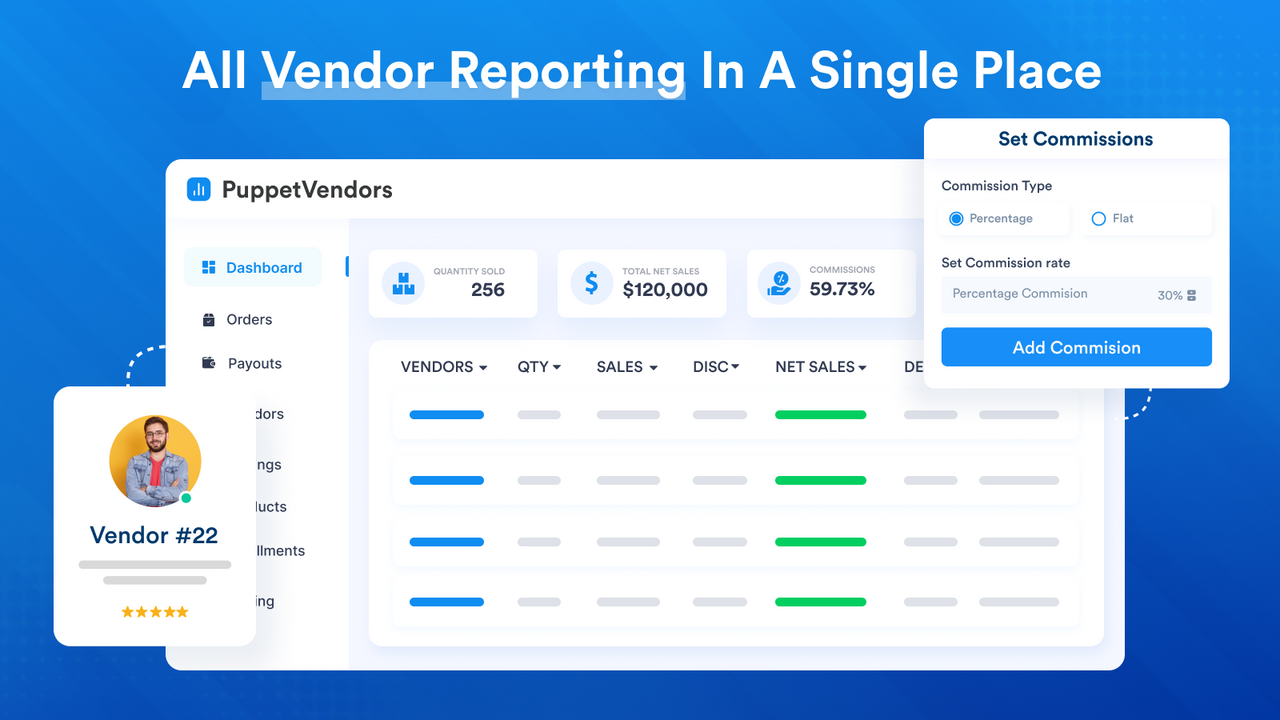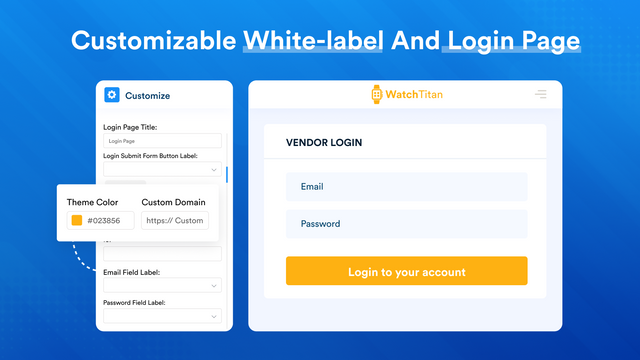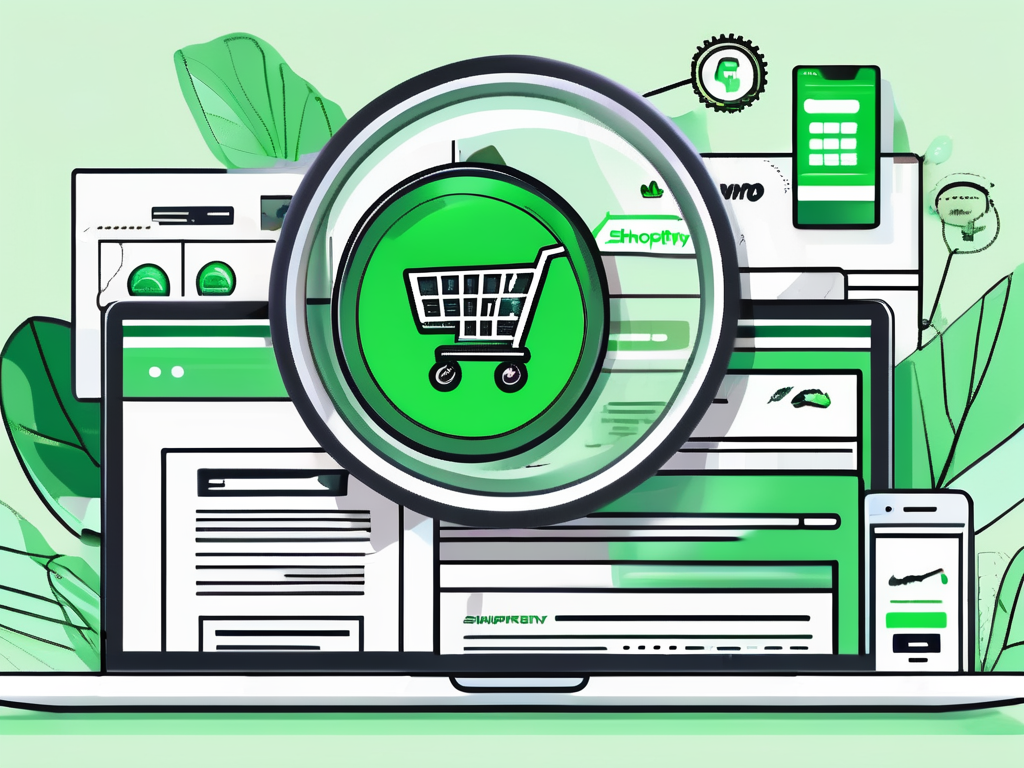In today's digital landscape, having an effective Google Ads campaign is vital for business success. But, simply running ads is not enough. To truly maximize your return on investment, it's essential to focus on your conversion rate. With the right strategies and techniques, you can boost your Google Ads conversion rate and achieve your desired results.
Understanding Google Ads Conversion Rate
Before diving into the strategies, it's important to have a solid understanding of what exactly Google Ads conversion rate is. Conversion rate refers to the percentage of visitors who complete a desired action on your website after clicking on your ads. This action could be making a purchase, filling out a contact form, or signing up for a newsletter. The higher your conversion rate, the more successful your ad campaign is.
What is Google Ads Conversion Rate?
The Google Ads conversion rate is calculated by dividing the number of conversions by the number of ad clicks and multiplying the result by 100. For example, if your ad receives 100 clicks and generates 10 conversions, your conversion rate would be 10%.
Why is Conversion Rate Important?
Conversion rate is a crucial metric because it directly impacts the effectiveness of your Google Ads campaign. A high conversion rate indicates that your ads are resonating with your target audience, leading them to take the desired actions on your website. Conversely, a low conversion rate suggests that something in your ad or landing page is not effectively connecting with your audience, and improvements should be made.
When it comes to understanding the importance of conversion rate, it's essential to consider the overall goals of your ad campaign. Whether you're looking to drive sales, generate leads, or increase brand awareness, a high conversion rate is a clear indicator of success. It means that your ads are not only attracting attention but also compelling users to take the desired actions that align with your campaign objectives.
Furthermore, a high conversion rate can also lead to a lower cost per conversion. When your ads are highly relevant and engaging to your target audience, they are more likely to convert, which means you'll be spending less money to acquire each customer or lead. This can have a significant impact on your return on investment (ROI) and overall profitability.
On the other hand, a low conversion rate can be a red flag that something is amiss in your ad campaign. It could indicate that your targeting is off, your ad copy is not compelling enough, or your landing page is not optimized for conversions. By closely monitoring your conversion rate, you can identify areas for improvement and make data-driven decisions to optimize your ad campaign for better results.
It's worth noting that conversion rate is not a static metric. It can fluctuate based on various factors, such as changes in your ad copy, targeting, or landing page design. That's why it's important to regularly monitor and analyze your conversion rate to identify trends and patterns. By doing so, you can make informed adjustments to your ad campaign and continuously improve your conversion rate over time.
In conclusion, understanding Google Ads conversion rate is essential for measuring the success of your ad campaign. It provides valuable insights into how well your ads are performing and whether they are effectively driving the desired actions on your website. By striving for a high conversion rate and continuously optimizing your ad campaign, you can maximize your ROI and achieve your advertising goals.
Key Factors Influencing Conversion Rates
Now that we know the importance of conversion rates, let's explore the key factors that influence them.
Conversion rates are a critical metric for any business looking to drive growth and increase revenue. They measure the percentage of website visitors who take a desired action, such as making a purchase, filling out a form, or signing up for a newsletter. To optimize conversion rates, businesses need to consider various factors that impact user behavior and decision-making.
Quality of Landing Page
A well-designed and user-friendly landing page plays a crucial role in boosting your conversion rate. It is the first impression that visitors have of your website and can significantly impact their decision to convert. To create an effective landing page, you need to ensure that it is visually appealing, easy to navigate, and provides relevant information that aligns with the user's search intent. Test different layouts, headlines, and calls-to-action to optimize your landing page for maximum conversions.
Furthermore, the content on your landing page should be concise, compelling, and focused on addressing the pain points of your target audience. By clearly communicating the value proposition of your product or service, you can instill confidence and trust in potential customers, increasing the likelihood of conversion.
Relevance of Ad Copy
Your ad copy should be highly relevant to the keywords you are targeting and the audience you are trying to reach. Crafting compelling and engaging ad copy is essential to capture the attention of potential customers and entice them to click through to your landing page. Incorporate strong keywords and persuasive language that resonates with your target audience.
It is also important to consider the ad placement and targeting options available on different advertising platforms. By carefully selecting the right keywords, demographics, and interests, you can ensure that your ads are reaching the most relevant audience, increasing the chances of conversion.
User Experience on Website
An exceptional user experience is essential for converting visitors into customers. When users land on your website, they should be greeted with a seamless and intuitive browsing experience. This means ensuring that your website loads quickly, is mobile-friendly, and provides easy access to the information users are seeking.
Navigation plays a crucial role in user experience. Make it easy for users to find the information they need by organizing your website's content in a logical and intuitive manner. Implement clear navigation paths and provide search functionality to help users quickly locate what they are looking for.
In addition, consider the overall design and layout of your website. Use visually appealing graphics and images to enhance the user experience and create a positive first impression. Incorporate interactive elements, such as videos or quizzes, to engage users and keep them on your site longer.
By focusing on these key factors, businesses can optimize their conversion rates and drive better results from their online marketing efforts. Continuously monitor and analyze your conversion rate data to identify areas for improvement and implement strategies to enhance the user experience and increase conversions.
Proven Strategies to Improve Conversion Rate
Now that we understand the key factors that influence conversion rates, let's explore some proven strategies to improve them.
Enhancing Ad Copy
To enhance your ad copy, consider incorporating strong calls-to-action, highlighting unique selling points, and using emotional triggers to appeal to your target audience. Experiment with different ad variations and analyze the results to identify the most effective messaging and design elements.
Optimizing Landing Pages
Analyze your landing page performance and make data-driven optimizations. Test different headlines, layouts, images, forms, and calls-to-action to find the combinations that resonate best with your audience. Don't be afraid to make small tweaks regularly to continually improve your conversion rate.
Utilizing Remarketing Techniques
Remarketing allows you to target users who have previously interacted with your ads or visited your website. By serving personalized ads to these users, you can increase brand recall and incentivize them to convert. Use compelling offers, discounts, or additional information to entice users to come back and complete the desired action.
Advanced Google Ads Features for Higher Conversion
In order to take your Google Ads campaign to the next level, it's important to take advantage of advanced features and techniques.
Understanding Conversion Tracking
Conversion tracking allows you to measure and track the specific actions users are taking on your website. By installing the Google Ads conversion tracking code, you can gain valuable insights into which ads, keywords, and campaigns are driving the most conversions. This data can then be used to optimize your campaigns and increase your overall conversion rate.
Benefits of Google Ads Smart Bidding
Smart Bidding is an advanced bidding strategy that uses machine learning to optimize your bids based on the likelihood of conversion. By leveraging historical data, Smart Bidding can help you automatically set the right bid for each auction, increasing your chances of converting clicks into valuable actions.
Monitoring and Improving Your Conversion Rate
Improving your conversion rate is an ongoing process that requires continuous monitoring and testing.
Analyzing Conversion Rate Metrics
Regularly analyze key conversion rate metrics such as click-through rate (CTR), bounce rate, and average time on page. These metrics will provide insights into how users are interacting with your website and where improvements can be made. Identify any bottlenecks or areas of friction and implement targeted optimizations to enhance the overall user experience.
Regular A/B Testing for Continuous Improvement
A/B testing involves creating multiple variations of your ads or landing pages and testing them against each other to determine the most effective elements. Continuously test different headlines, images, ad copy, and calls-to-action to identify winning variations that can significantly improve your conversion rate.
Boosting your Google Ads conversion rate requires a combination of strategic planning, optimization, and ongoing analysis. By implementing the proven strategies outlined in this article and continuously monitoring your performance, you will be on your way to maximizing your Google Ads campaign and achieving your desired results.
Ready to elevate your Shopify store's performance even further? Let Owlmix be your guide in the quest for the perfect app. With a vast array of Shopify applications meticulously categorized for your convenience, Owlmix is the ultimate destination for enhancing your online business. Whether it's advertising, email marketing, or inventory management, our wise mascot Owlfred is here to assist you with insightful recommendations. Don't miss out on the opportunity to optimize your store with the most relevant and useful apps. Find your next Shopify app today and watch your e-commerce success take flight!



